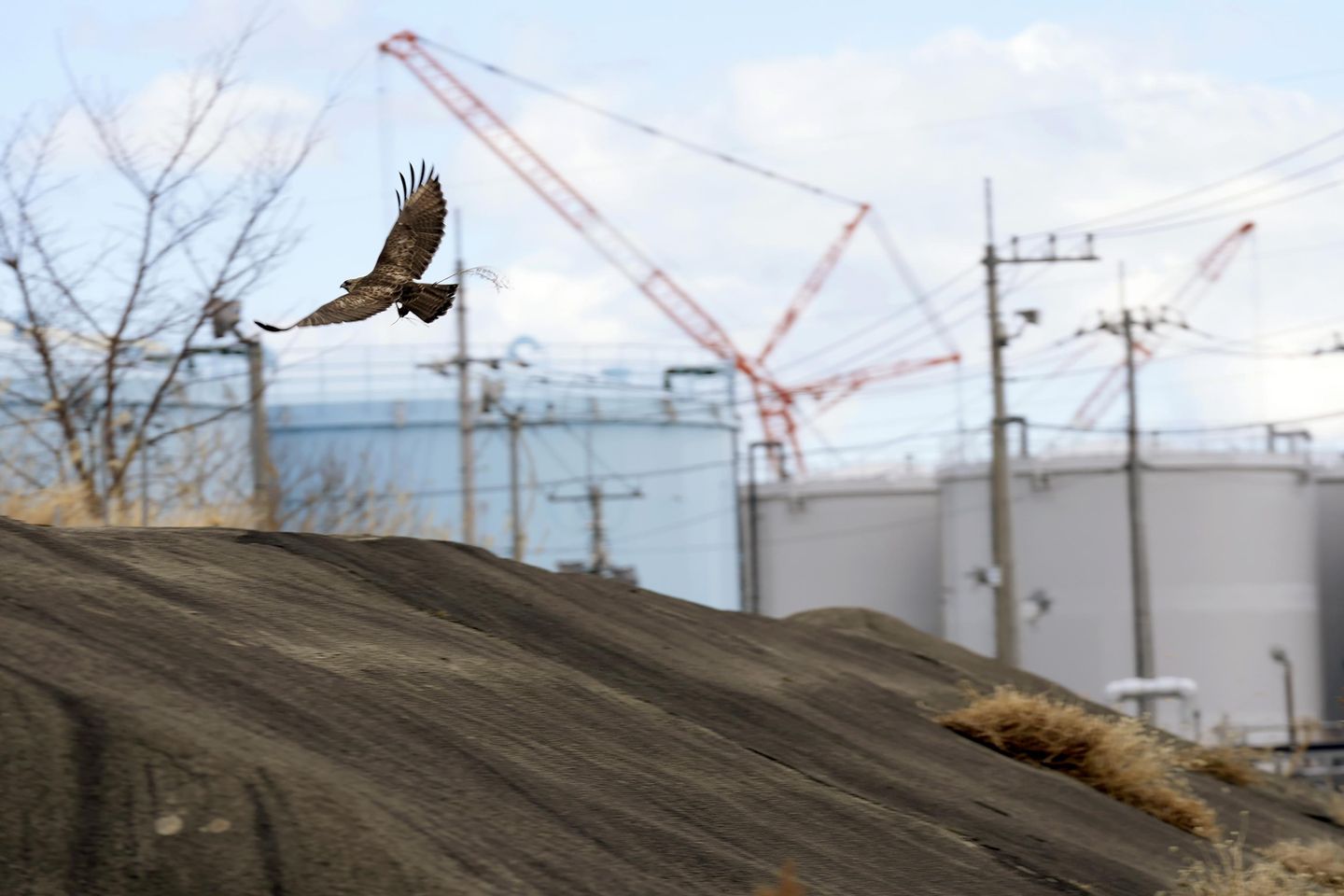Leading China Property Developer Reports Huge loss, in Sign of Widening Real-Estate Woes
The grim fiscal report released by Vanke, one of China’s foremost property developers, has sparked a multitude of questions concerning the ongoing expansion of the real estate downturn. The uncertainty centers on whether the state machinery of China will intervene to mitigate the situation.
For years, China’s real estate sector has been a robust engine of economic growth, contributing significantly to the nation’s GDP. However, the recent crisis has demonstrated the volatility and susceptibility of this sector to market fluctuations. Vanke’s announcement of a considerable loss is not just a standalone financial setback for the company but a distress signal indicating a larger, systemic issue brewing within the Chinese property market.
Vanke, a leading name in the property development sector, has been an industry stalwart, showcasing resilience and growth in an often unpredictable market. The company’s recent financial difficulties are significant, not merely as a measure of its own performance, but as an indicator of the broader health of the real estate sector in China. The fact that such a formidable player is facing significant challenges is a testament to the scale and intensity of the current market downturn.
The burgeoning questions about the future of the property market in China, and whether the Chinese government will step in to alleviate these concerns, are not unfounded. In the past, the Chinese state has implemented measures to stabilize the property market in times of volatility. However, the current crisis is unprecedented in its magnitude and complexity, making any potential state intervention a subject of intense speculation and debate.
The Chinese government has a track record of intervening in the economy to maintain stability and growth, especially during periods of turbulence. However, it is essential to note that state intervention is a double-edged sword. While it can provide immediate relief and avoid a potential collapse, it can also incentivize reckless behavior among market players and distort the market dynamics over the long term.
Given the current state of affairs, it is unclear whether the Chinese state will step in to bolster the beleaguered property market. The decision hinges on weighing the short-term benefits of averting an immediate crisis against the long-term implications for the market’s health and stability. It is a delicate balance to maintain, and the Chinese government will have to tread carefully.
The ongoing crisis in China’s property market, as highlighted by Vanke’s massive losses, underscores the need for comprehensive reforms to foster a more resilient and sustainable real estate sector. This could involve implementing stricter regulations on property developers, promoting transparency in the market, and encouraging responsible lending and borrowing practices.
In conclusion, the financial woes faced by Vanke are a telling sign of the broader challenges confronting China’s real estate sector. The Chinese government’s potential intervention remains a contentious issue, with its implications extending far beyond the immediate crisis. This situation calls for a thoughtful and balanced response that not only addresses the current challenges but also sets the stage for a more resilient and sustainable real estate sector in the future.
The unfolding saga of Vanke serves as a reminder of the inherent risks involved in the real estate business, not just in China but globally. As we continue to monitor the situation, it emphasizes the importance of maintaining market stability and implementing proactive measures to mitigate future crises. The fate of the real estate sector in China, and indeed the global economy, could very well hinge on the actions taken in response to this crisis.








